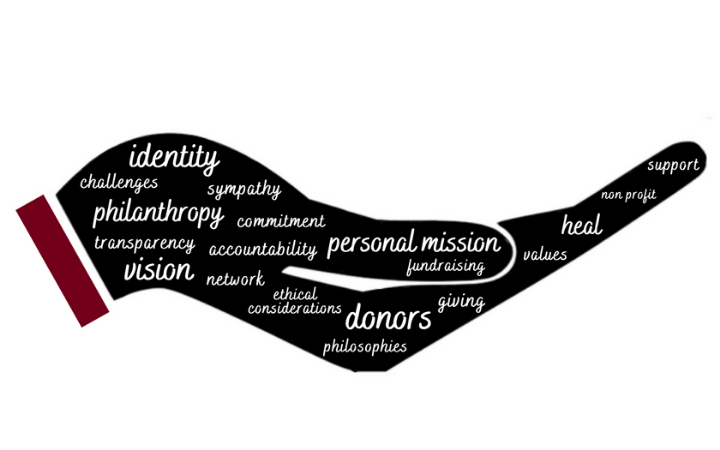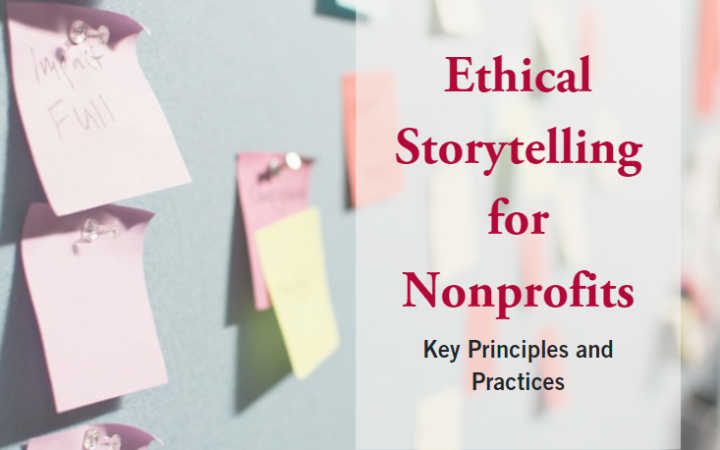Social Sector Ethics
The Markkula Center for Applied Ethics imagines a world where concern for others drives all important decisions. Many nonprofit organizations, volunteers, foundations, philanthropists, consultants and advisors share this vision as an aspect of the work they do in the social sector.
What is Social Sector Ethics?
by Joan Harrington, director of Social Sector Ethics at the Markkula Center for Applied Ethics
Social sector ethics involves two large groups: the donors—who could be corporate philanthropists, foundations, or individuals—and nonprofits providing services. Ethical questions arise in all aspects of social sector work: in finance and operations, in leadership and fundraising, in engaging with the public, in deciding whether the organizations will be advocates or do lobbying. At the Markkula Center for Applied Ethics, we use a Framework for Ethical Decision Making, which takes five different approaches to help with these ethical questions: utility, which asks whether a decision will create more good than harm; common good; fairness; rights; and virtue. In the social sector, we add another lens, which is mission.

Finding Your Personal Mission: How, When, and How Much Should You Give?
This guide is designed to help individual donors and family foundations think through their nonprofit giving decisions and to do it ethically.
Ethical Gift Acceptance for Nonprofits
A collection of materials meant to help nonprofits evaluate donation and gift acceptance, in order to best serve community needs and their mission statement.


People who can afford to make a donation in response to a crisis such as the slaughter of children and teachers in Uvalde, need to think about which organizations are best situated to make change and then they need to give as generously as possible. They need to practice ethical giving.

While nonprofits may be careful to avoid investing in areas that are directly in conflict with their missions, this view has generally not broadened to ESG investing.

Giving through donor advised funds raises some ethical issues, but it can be done ethically.

After instances of mass violence, we express our grief with acts of mourning at the scene and raising money for the victims’ funerals and for their families, but we need to do more to initiate long-term change.

Ethical Storytelling Guide for Nonprofits
Ethical Storytelling for Nonprofits synthesizes principles and practices for ensuring that your storytelling energizes and engages audiences, and is aligned with your mission to serve communities.

Social Sector Articles
Articles on the ethical issues in the social sector including donations, engagement with vulnerable populations, and other related topics.

Social Sector Case Studies
Case studies pertaining to ethical issues in the social sector.

Social Sector Resources
More resources from the Ethics Center and other organizations including standards, codes, and best practices.